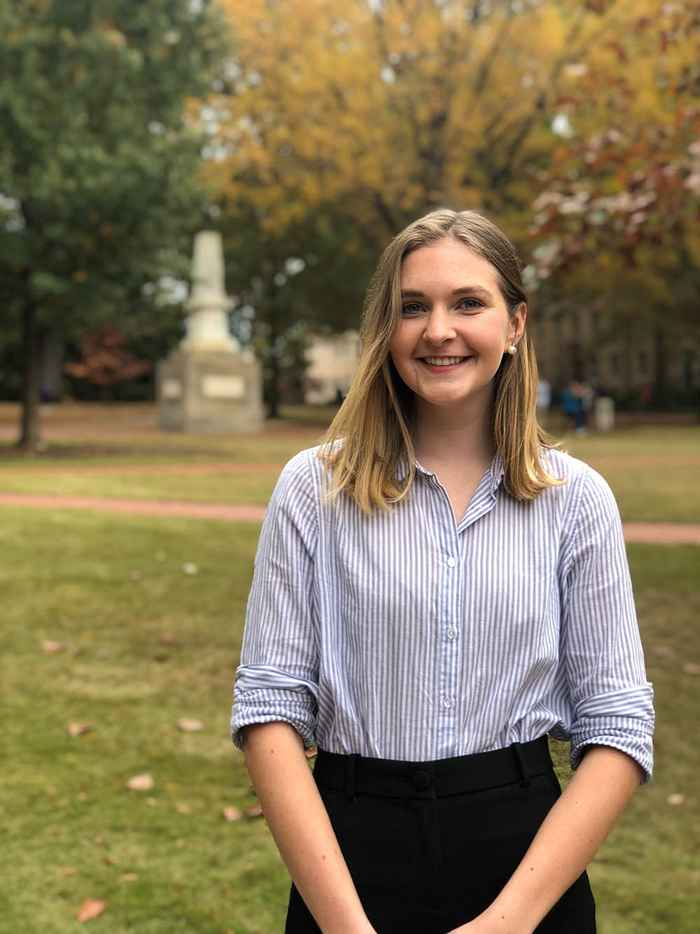'The programme thoroughly prepared me for the career in academia that I had always envisioned'

An enriching and fulfilling experience
‘I completed the Master’s in Holocaust and Genocide Studies at the UvA 2021. Before that I did my Bachelor’s degree in History and English Literature with a minor in Jewish Studies at the University of South Carolina Honors College back in the United States. I have always been interested in Holocaust and Genocide Studies, but doing a degree in History, I was only able to focus on the subject tangentially and never focus directly on it. When I came to Amsterdam to pursue my Master’s, what I really wanted from the programme was an intensive, interdisciplinary look at Genocide Studies that could take my interest even further. The programme at the UvA did exactly that and it thoroughly prepared me for the career in academia that I had always envisioned. Being able to focus so directly on the subject matter alongside a small cohort of other students interested in the same topics was an enriching and fulfilling experience to say the least.’
Knowledge, but also research, analysis and writing skills
‘The skills I gained during my Master’s were absolutely invaluable to my ability to find a job in academia and will also be invaluable to being able to excel during my PhD. The programme gave me both a solid base of knowledge in the field as well as the skills to utilize methods of research, analysis, and writing that are specific to the field of Genocide Studies. Further, being able to do a programme in the Netherlands allowed me to gain the Dutch language skills needed to carry out the research for my PhD.
But also I was able to gain a solid network of scholars working in the same field in the Netherlands. These scholars are not only a vast repository of expertise for any academic problems I might have; the advice and help they are able to provide as a network of support for developing my career is invaluable.’
The start of an academic career
‘I have always known that I wanted to pursue a PhD, so after I completed my Master’s it was a matter of finding the right programme, project, and supervisor. At first, I looked for options within the UvA because I had had such a wonderful time studying here, but it was not the right fit. Then, I asked former professors if they might know of other scholars working in the same subject whom I might contact to ask about positions. I applied to a few programmes, but they were also not the right fit. Finally, after over a year and a half of searching while continuing academic work on the side (writing articles and attending conferences helped me keep my place in the field while not actively studying), I got in contact with a professor at Utrecht University who was working on a project that fit my interests exactly. I applied and was accepted and now I will start my PhD there next year.’
Not easy, but passion makes it achievable
‘The path to academia is not easy, straightforward, or quick, but if you are sure that it is right for you then it is absolutely achievable. That last part is very important because I believe that you should only pursue a career in academia if it is what you are truly passionate about and cannot imagine doing anything else. You will be asked why you want to do a PhD in nearly every interview or conversation you have about it, and the answer is as important to the interviewer as it should be to you, so make sure it’s a good one.’